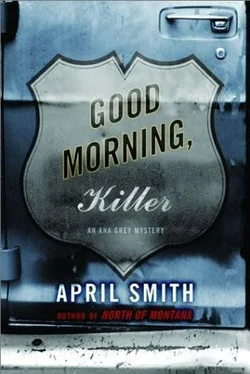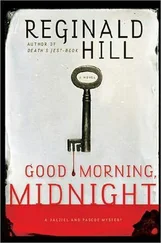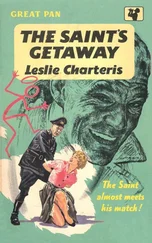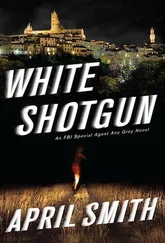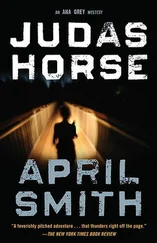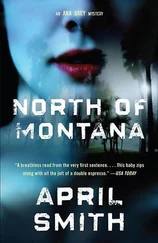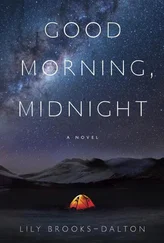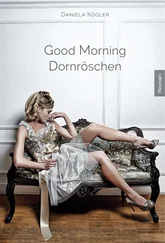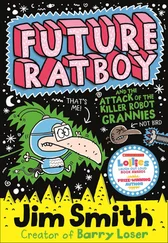Andrew just sighed, exhausted.
“You have to forgive yourself, Andy.”
“Doesn’t matter to me.”
“You’re a loving son. Remember that.”
“Oh, he wasn’t even my real dad, why should I care?” Andrew smiled ironically and quickly tweaked my toes, to show it was a joke, a painful joke. “Who are you?” he mused. “How did you come into my life?” and whispered my name just to hear how it sounded now that everything was different, and slipped farther, chest-deep, into the warm suds, sloshing water on the floor. We stayed so long in that common pool that when we slept entwined in each other’s arms that night, it was as if we had become transparent to each other.
Devon County simply lied to Juliana, assuring her she would not have to talk about the rape on the stand, and so, after several more conversations involving her parents, she agreed to appear for my defense at the preliminary hearing. Juliana said she would do anything to “help me out” (that’s the way Devon put it to her), but the deal was sealed when he promised to send a limo to pick them up. The girl wanted to know if the limo had a TV. Luckily, I was not aware of any of this, as I had been banned from talking with Juliana until it was over.
The Honorable Wolfson H. McIntyre presided over the courtroom that was to become our theater, our coliseum, on the fifth floor of the Criminal Courts Building in downtown Los Angeles.
Judge McIntyre, who was about seventy years old, with a ruddy beak enlarged by rosacea, wore a bow tie that was pressed tightly against his Adam’s apple by the yoke of his black robes. He had sparse white hair parted on the side and combed in ridges. He would not be the trial judge, if we went to trial. All he did, all day long, for the past quarter of a century, was preside over preliminary hearings. He was the traffic cop, sending folks this way and that. Final destination? No interest.
But that did not mean you were going to get away with anything. Judge McIntyre was tenaciously anal, which made him a great traffic cop. He reminded me of an art history professor I had at UC — Santa Barbara. A pompous egomaniac who wore a three-piece suit at the podium, I had once surprised him in his office, slumped at his desk in a worn cardigan sweater, lining Ritz crackers up in a row and ritualistically squirting each one with a rosette of American cheese product from an aerosol can. He had looked up with rheumy, accusatory eyes … and you did not want to think about it any further than that.
Judge McIntyre’s windowless courtroom was paneled in dark oak beneath square modular ceiling lights, which illuminated everything with democratic pallor. We had an American flag and a California flag. We had the Great Seal of the state. An exit sign and a thermostat switch on the wall. I spent a lot of time staring at that naked, proletarian switch. It spoke to me, in eloquent detail, of exactly what it would be like to be in prison.
I was not in my right mind during the hearing. Could a doctor remain sane, forced to operate on himself? Facing charges in a courtroom before a judge was the cruelest reversal so far in this unlikely pageant, which would turn into a full-blown Roman circus, should I be held to answer those charges at a jury trial. Meanwhile, we were doomed to be part of the sideshow.
The judge had a twin brother who sat in the back of the courtroom. It was explained to me the brother came every day to bring the judge his lunch, and sure enough, there were two identically folded brown paper bags on the floor near the gentleman’s polished Oxford shoes. He wore a tweed jacket with leather buttons and sat straight and calm, head up like an eagle, while his brother fussed over pages on the bench, getting dandruff all over his black robes, the brother’s hooked nose pointing north, the judge’s pointing south, like two faces of destiny.
The judge had a clerk who was so obscenely overweight his belt floated around his belly like a hula hoop. His shirt was too short, so when he turned around you could see his butt crease. We had an audience of twitchy high school students on a field trip, prodding and smirking, while the middle-aged male teacher read Chicken Soup for the Teenage Soul. Then there were the watchers, a boozed-out clan of bowlegged cowboys and cowgirls wearing dress boots with taps who also brought their lunches, and the other defendants and their families awaiting hearings, including a young male with four sticking-out braids who hunkered down in the seat and kept his hands in his pockets while his lawyer discussed with the mother the possibility of drug rehab instead of jail.
“This place is a zoo today,” said the mother, wiping her forehead.
“Gotta do something about this justice system,” muttered the son. “Something wrong with it.”
“That’s what Judge Judy says.”
The son snorted and shook his braids.
“Just think, ” said the mother, cuffing him, “what kind of justice you’d get with Saddam Hussein!”
Deputy District Attorney Mark Rauch made his entrance through a side door, pushing a trolley laden with stacks of books and files like a man with an awesome and holy burden. Those tablets could have been made of stone the way he huffed and puffed, in a detached Scandinavian way. A bully in an austere town out of a Swedish art film is how I saw him, the angry kid without a mother who keeps punching the other kid until there is blood in the snow. He was over six feet tall, forty, flattop hair, wearing a blue suit with an iridescent blue tie. There were dark manic rings beneath the eyes, and he moved with the lanky urgent stoop of a preacher crackling to put things right.
Detective Andrew Berringer followed in his wake, looking grim and uncomfortable in an olive double-breasted suit as if, I feared, his stitched-up wounds were aching under whatever bandages they still keep on several weeks after surgery. I wasn’t supposed to look, but I could not help watching how he walked so heavily, listing to one side, thinner, slower, paler, sapped. Despite our preparations, his presence was jolting and I think I gave a little cry, as I felt Devon’s hand compress my forearm, tighter, telling me those tears had better not run down my cheeks, so I kept my eyes wide and stared at the thermostat switch until they absorbed.
In contrast to Rauch’s dark melodrama, Devon was playing the wounded policeman hero, a role he had fine-tuned over the years. The handicap sticker on his mondo black BMW assured great parking spaces, and he had no objection to being pushed in a wheelchair when the family went to Disneyland. People in wheelchairs went to the head of the line, he told me, so his kids could always get on the rides first.
It was therefore no ethical leap for him to assign two young attorneys to solicitously carry the briefcases while Devon hobbled ahead, and for them to make a big show of settling the maestro, opening books and fetching water as if he were some ailing Marlon Brando, laying his crutch as reverently as a vintage carbine M1 on top of the defense table.
I wondered how the judge facing south and his mirror image facing north would view these charades and turned to see the one sitting with the spectators was smiling with delight.
Rauch was in fact carrying the burden of the day. The prelim is a mini trial heavily weighted by the prosecutor’s presentation. It is his job to convince the judge the charges are compelling enough to warrant a jury to hear them. Usually the defense does not put on witnesses, which meant Juliana Meyer-Murphy would not be called unless we were pushed to the wall. Since the judge would not allow a pure character witness to testify, Devon’s ploy was to use Juliana to corroborate times — and then edge into how I had saved her life. Just knowing she was downstairs waiting in the cafeteria with her mom caused shivers of apprehension on her behalf and a gushy, emotional gratitude.
Читать дальше
